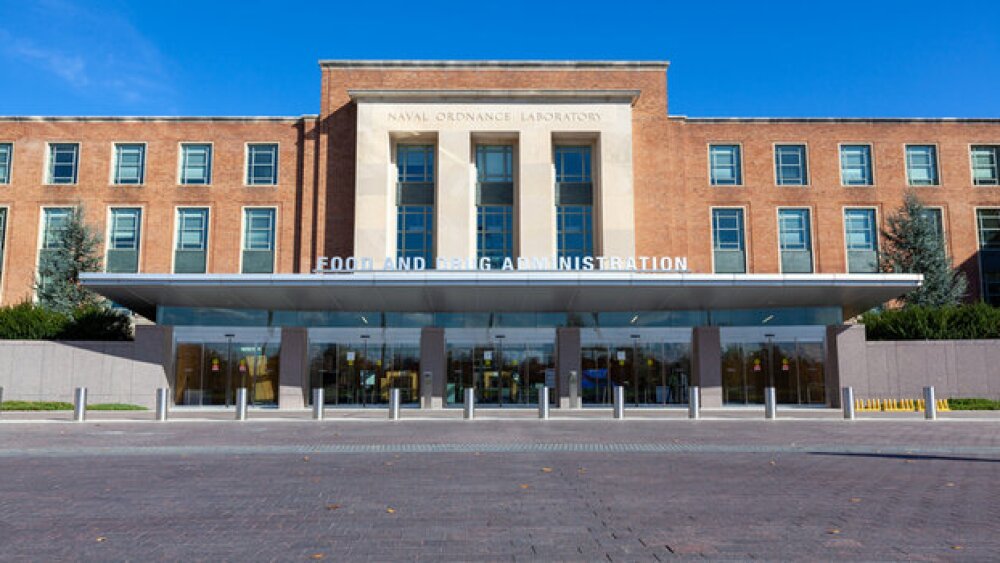Life sciences giant blamed the Medicare “doughnut hole” and increased competition for the blood thinner’s declining sales.
Raihana Asral / Shutterstock.com
Less than one month after forking over hundreds of millions of dollars to settle legal battles regarding the blood thinner medication Xarelto, Johnson & Johnson saw sales of the aging medication drop 6 percent during the first quarter of 2019 to $542 million.
Sales of the blood thinner have lagged behind other similar medications for nearly the past two years despite an increase in both price and the number of prescriptions written. According to a transcript of the life sciences giant’s quarterly call with analysts and media, Johnson & Johnson attributed the decline in sales to an increase in discounts for Medicare patients of up to 70 percent.
BioPharma Dive said that Xarelto has taken a hit from Medicare’s “doughnut-hole utilization,” while Bristol-Myers Squibb’s and Pfizer’s Eliquis has not suffered the same hit. Eliquis is the biggest seller in the Factor Xa anticoagulant class, BioPharma Dive noted. Citing a Credit Suisse analyst, the publication said Eliquis has a 39 percent market share, while Xarelto has a 23 percent share of the market.
While Xarelto did see sales decline by 6 percent, Johnson & Johnson said it anticipates sales to increase due to new indications for chronic coronary or peripheral artery disease (CAD/PAD). In December the U.S. Food and Drug Administration approved Xarelto to reduce the risk of major cardiovascular (CV) events, such as CV death, myocardial infarction (MI) and stroke, in people with chronic coronary or peripheral artery disease.
“…while we expect the penetration of this expanded patient population to occur over time, we are confident in the value this indication provides to patients,” Johnson & Johnson Vice President of Investor Relations Chris DelOrefice said.
The revelation about Xarelto’s sales comes about a month after J&J and its developmental partner Bayer agreed to pay a combined $755 million to settle lawsuits against Xarelto. Xarelto has been approved for seven indications, including the treatment of pulmonary embolisms in adults and the treatment of deep vein thrombosis in adults. The lawsuits claim the companies failed to warn patients and physicians of increased risks of fatal internal bleeding when using the drug. Under the settlement agreement, Bayer and J&J did not admit any liability. Xarelto generated more than $4 billion for Bayer and $2.47 billion for J&J last year.
Xarelto could see increased use among patients due to the results of another study. In March, Janssen, J&J’s subsidiary, announced that Xarelto bested warfarin in a nonvalvular atrial fibrillation (NVAF) study. Janssen said patients who took Xarelto experienced significantly fewer strokes, significantly fewer severe strokes and fewer stroke-related deaths compared to those taking warfarin. The study results showed that Xarelto reduced overall strokes by 18 percent compared to the blood thinner warfarin. Data also showed that Xarelto reduced the risk of severe stroke by 47 percent, moderate stroke by 5 percent and minor stroke by 18 percent. Also, across the entire study population, Xarelto significantly reduced the risk of post-stroke mortality at 30 days by 59 percent and at any time by 22 percent, Janssen said.





